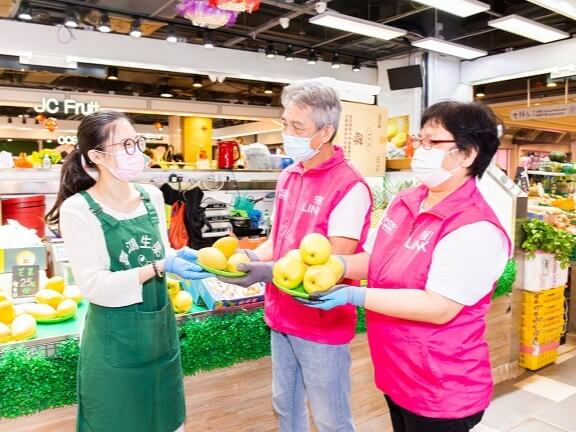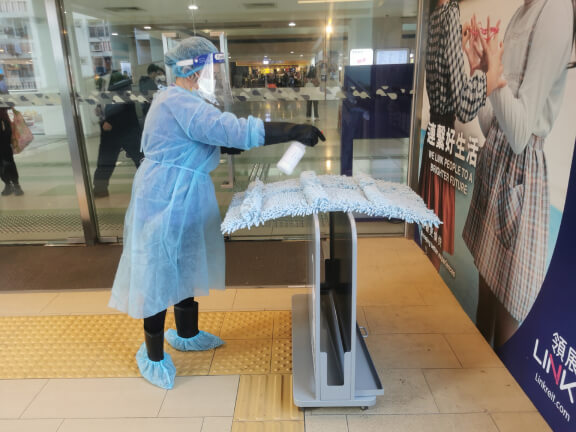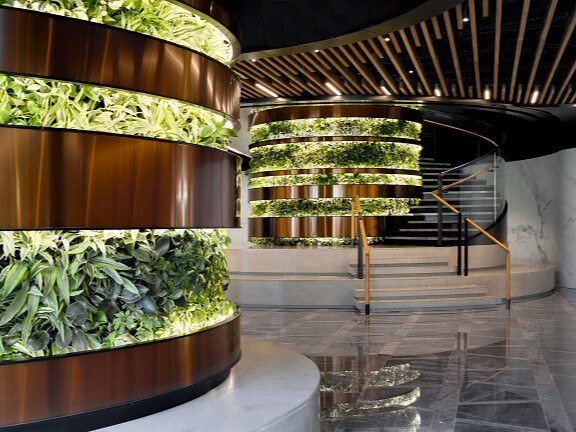All our tenants are required to comply with responsible waste management practices and encourage and support our tenants to conduct waste separation and recycling during fit-out, reinstatement, and daily operations. We also work closely with them to divert waste from landfill or incineration and have initiated programmes to divert organic waste, plastics, metal, mixed paper/cardboard, and glass.
We also work with the Environmental Protection Department in Hong Kong to expand our organic waste collection initiative to more fresh markets. Organic waste collected from our market tenants is delivered to O∙Park in Hong Kong for energy generation.
We provide recycling bins (paper, metals, and plastics) in the public areas of our shopping centres, encouraging shoppers to recycle. To further engage and encourage the community to recycle, we have installed plastic bottle reverse vending machines (RVMs) in our Hong Kong retail properties that reward recyclers for every bottle deposited. We also support the collection of other recyclables, such as glass bottles and used clothes, as well as lai see packets during Chinese New Year period.


